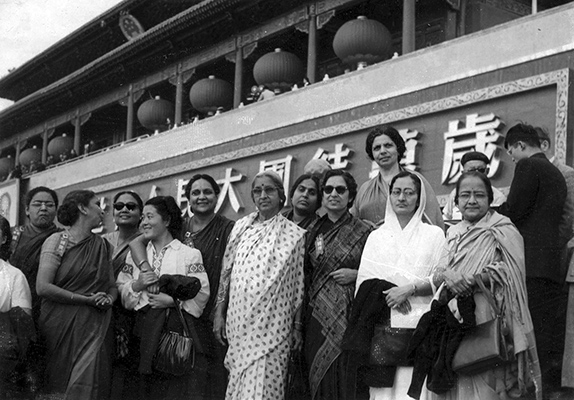The name of The Otolith Group (Anjalika Sagar and Kodwo Eshun) is derived from the organ-structure in our inner ear through which keep balance and derive our sense of gravity and orientation. Much of The Otolith Group’s work, materializing in different media, is engaged in critical historiographies of colonialism, contemporary capitalism, and their related social imaginaries.
Our capacity to rethink criti-cally our quotidian worlds lies in our ability to reverse and inverse everyday perceptions and pers-pectives. Such a gesture of inversion is what the video Anathema suggests. What if it is not we who control and own the “black mirror,” those digital touch screens that have become identical with the world of communicative capitalism, and which today keep us under their spell? What if it is the substance in these screens that actually “owns” us, making us a vehicle of its desires and needs, invading our nervous system and our affects and emotions? Liquid crystals, the substance of which LCD screens are made, are indeed a peculiar sort of material, situated somewhere between the inorganic and the organic, between life and non-life. Beginning with the microscopic behavior of liquid crystals acting as sentient entities in laboratory tests, Anathema takes us into the interior of the world of dream-factory capitalism as seen through the “eyes” of liquid crystals. The film becomes a “space odyssey” of sorts, a slow and epic journey into the heart of digital technology and its pixel-world of machine-assemblages. The film is described by the artists as a counter-spell to the prevalent contemporary form of “capitalist sorcery.”
Daughter Products (2011) is a suite of archival images belonging to Anasuya Gyan Chand, the former president of the National Federation of Indian Women. In these photographs we see Indian stateswomen and delegations on official visits to the USSR, Japan, and Chairman Mao’s China. These are images from the largely perished world of socialist internationalism and solidarity, and looking at them today raises questions not only of political, but also of historical economy and the transformations of horizons of political and collective aspirations.
The Otolith Group, founded in London in 2002

